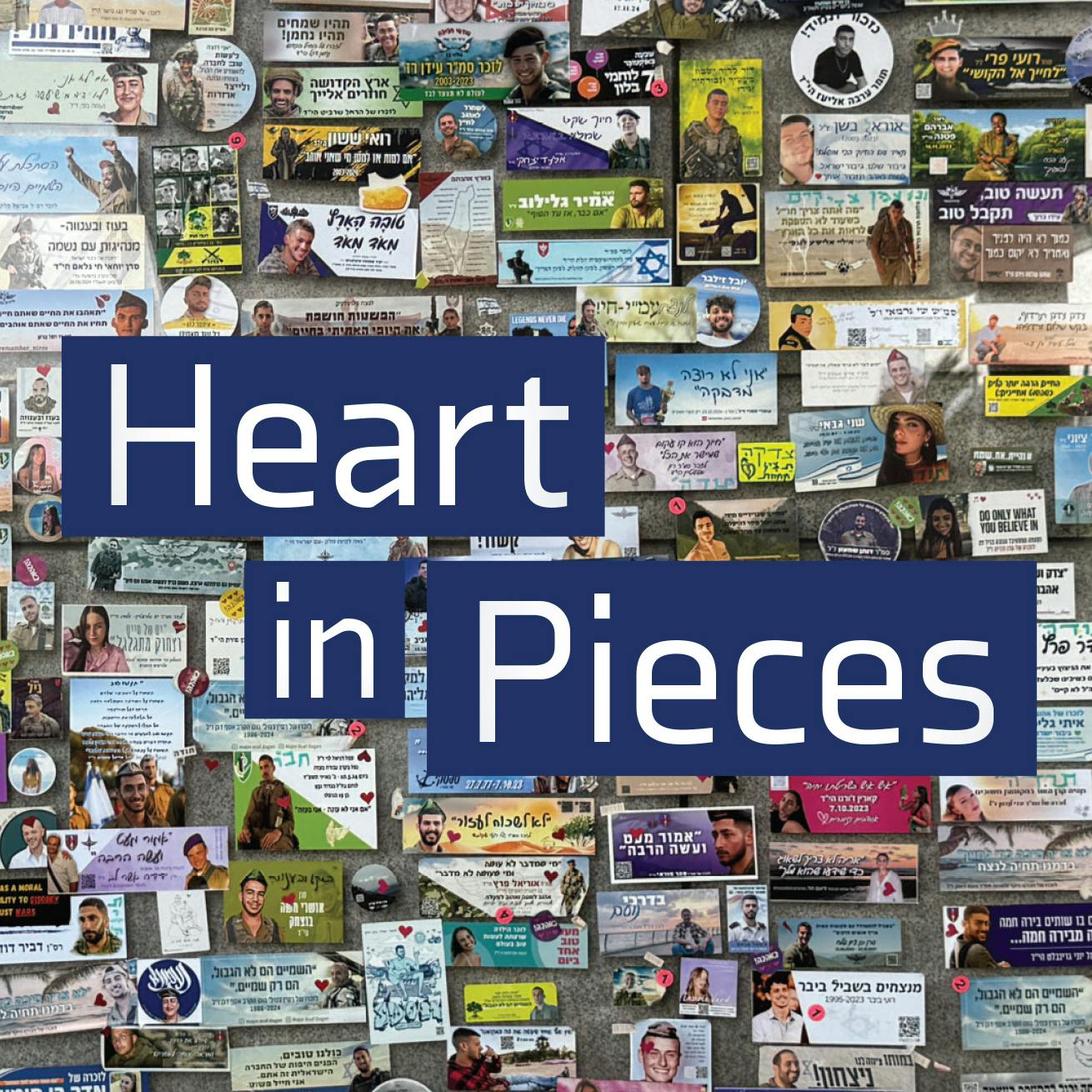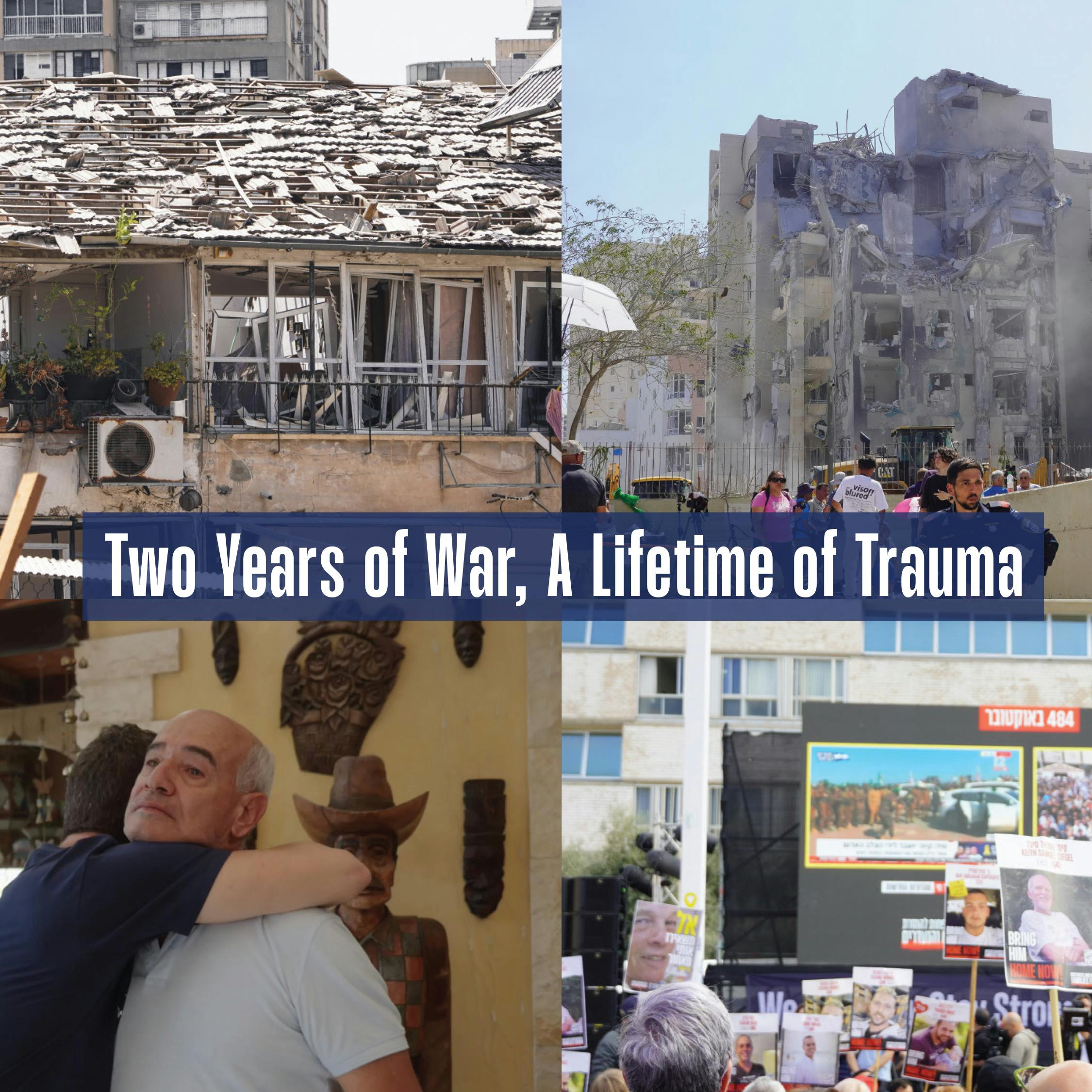May 2025
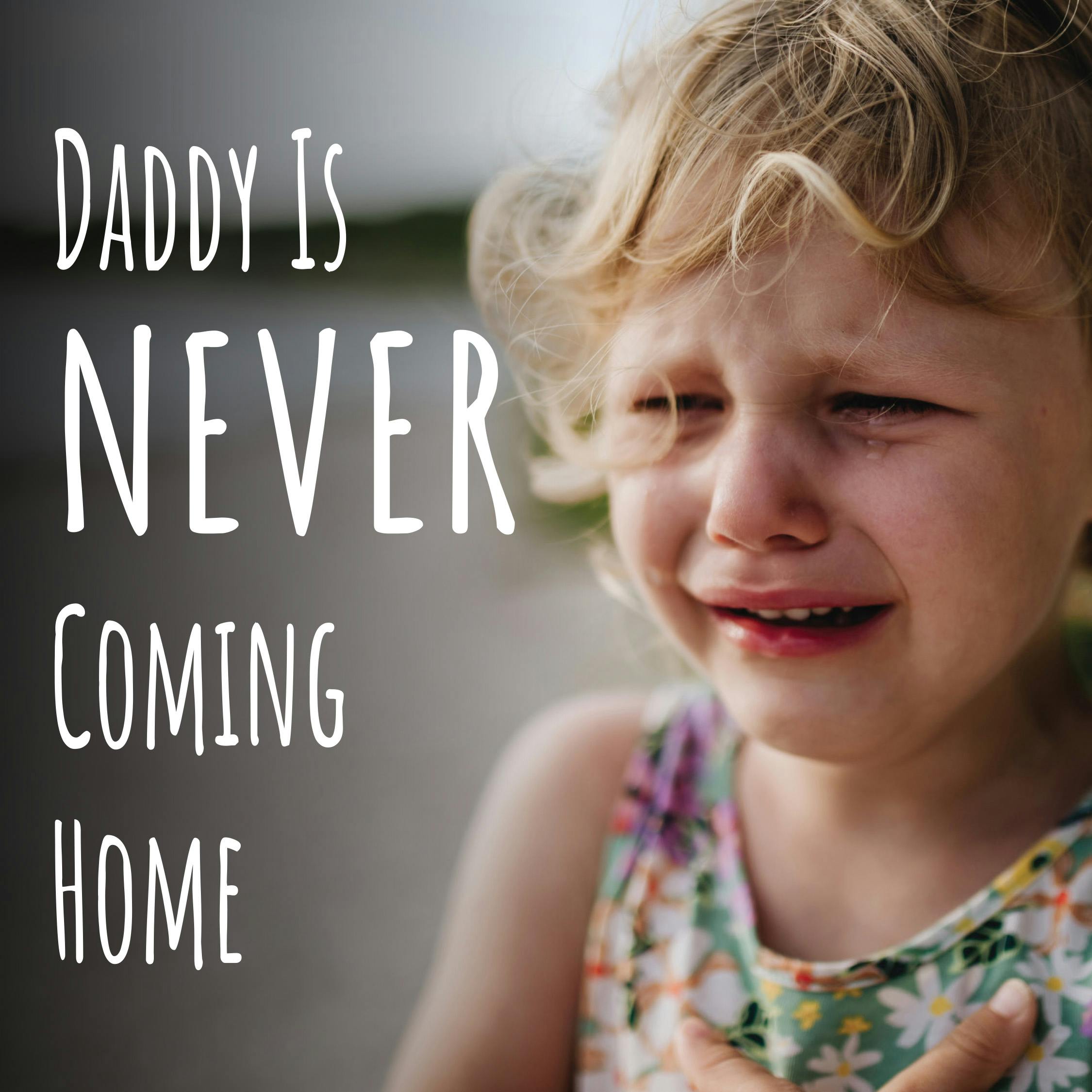
“How do you tell your child that daddy is never coming home?”
The question wasn’t hypothetical. It came from one of our volunteers, a mother whose heart had just endured a storm. Her husband had to go on a trip, his first time away since the birth of their child, leaving her and their three-year-old daughter home alone for several nights.
In the days before his departure, they tried their best to prepare the little girl for her father’s sudden absence. “We told her where daddy would be. We planned video calls. We even made a countdown chart so she could mark off the days until his return,” she recalled. “I knew she’d miss him. I expected the questions, even the tears. But I wasn’t prepared for the depth of her grief.”
Every afternoon, their daughter stood by the front door, eyes wide with hope, waiting. Every bedtime became a battle of broken sobs. Every morning, she sprang from bed, darting through the apartment in a frantic search, only to dissolve in disappointed tears.
“When is daddy coming, mommy? When is he coming home for me?” the little girl wept.
Thankfully, the mom had an answer. She could gather her child into her arms and soothe her with the promise: “Just three more sleeps. Then two. Then tomorrow. Daddy is coming home tomorrow."
But in the silent night watches, while her daughter clung to the certainty of “soon,” the mother lay awake—haunted by a thought she couldn’t shake: “What about all the Israeli mothers who have to answer...never?"
An Ever-present Reality of Loss
In Israel, grief is not a possibility—it’s a reality woven into the fabric of life. Every mother who cradles her newborn knows that one day, her child will don khaki, standing between his or her people and those who seek their destruction. Every young woman who falls in love understands that the man she cherishes will bear the burden of defending his homeland. And every bride beneath the huppa (wedding canopy) whispers silent prayers that the man beside her will not be called to make the ultimate sacrifice.
War has shadowed Israel since before her rebirth. Even in so-called times of peace, when armies did not clash on open battlefields, terror attacks ensured that new families joined the ranks of the bereaved year after year.
But October 7, 2023, changed everything.
The Hamas massacre was a watershed moment of unspeakable cruelty, leaving behind devastation on a scale Israel had never experienced. Almost overnight, the number of Israeli war widows soared. Then came the longest war in the modern Jewish state’s history, claiming more lives and expanding the circle of grief.
On International Widows Day (June 23, 2024), Israel announced a staggering toll: since October 7, nearly 600 children had lost their fathers and at least 260 women had become widows, 35 of whom were pregnant at the time of their husbands’ death. This stands in heartbreaking contrast to the previous year, when 20 new military and police widows were added to the list.
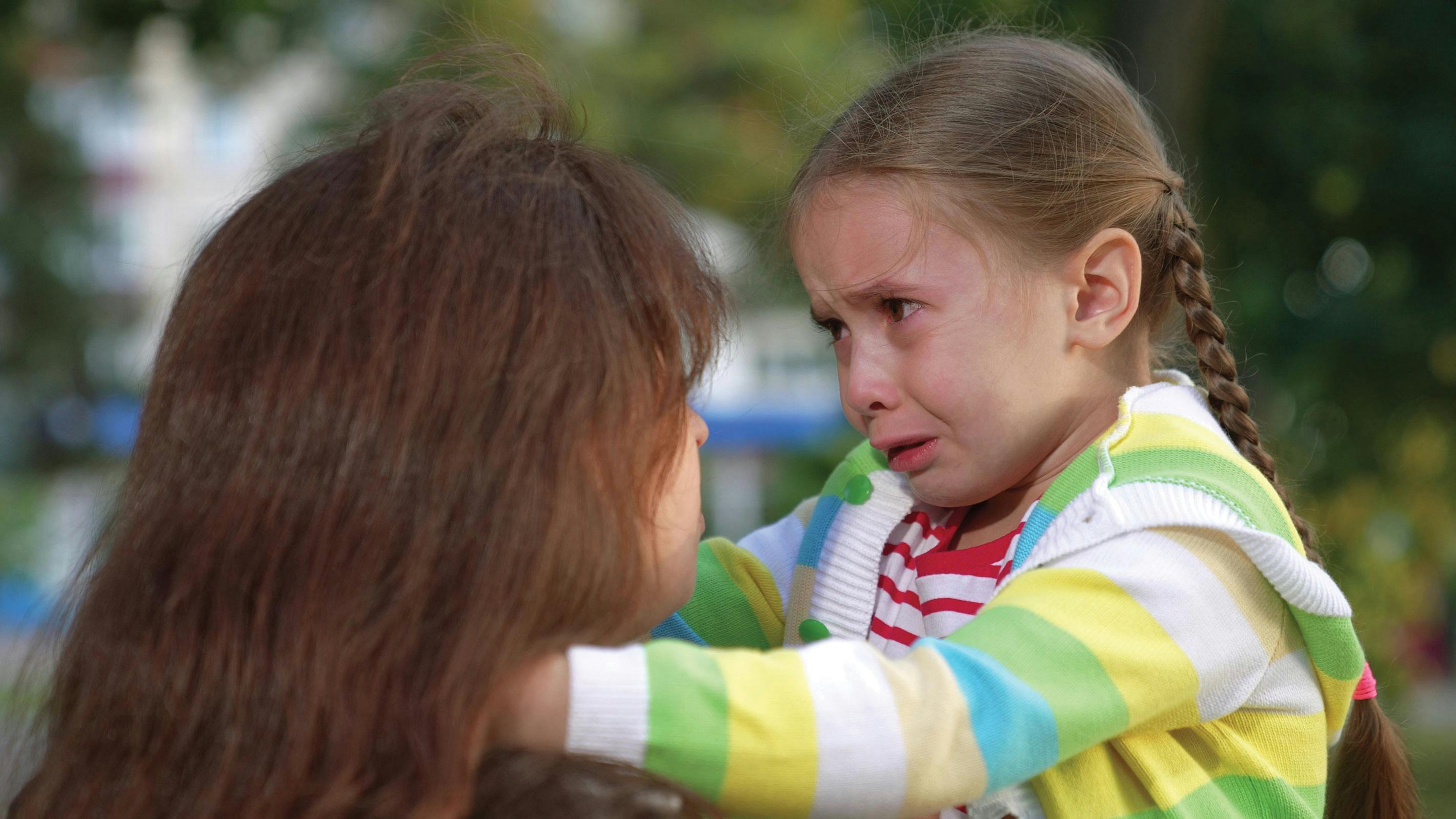
The Burden of Loss
Becoming a widow is an unimaginable burden, one that arrives in an instant but lasts a lifetime. Suddenly, she is no longer just a wife but a mother carrying the full weight of two parents, the sole provider, decision-maker, protector and comforter—all while navigating a sea of grief. The man who once shared child care duties like bedtime stories, school runs and whispered dreams for the future is gone, leaving behind a silence that echoes in every corner of their home. The simplest tasks—fixing a leaky faucet, paying bills, disciplining kids—become reminders of his absence. As she struggles to hold herself together for her children, they turn to her, needing answers she doesn’t have.
It is a cruel, crushing reality no woman wants to face but so many here in Israel now do. They shoulder their burden with remarkable strength and dignity. In fact, throughout the long months of war, the bravery and light of bereaved family members have inspired and uplifted the nation. Take, for instance, the message Sergeant Major (res.) Aviad Cohen’s widow posted on the front door for visitors, “You are asked to enter this home with your head held high and standing tall. Then you should fill yourself with strength and happiness. Only then can you knock on our door. We are the family of a hero who spread light and hope during his life, and in his death.”
Many Israeli widows have shared that their faith in God carries them through the darkest hours. They also credit the love and support of a close-knit community.
God Entrusted Them to Us
Israelis have a remarkable way of embracing bereaved families. I’ve witnessed communities rally around war widows in the most heartwarming ways—from a fallen soldier’s comrades escorting his children to their first day of school to nationwide campaigns funding homes for grieving families. Yet, their care is not Israel’s burden alone. God has entrusted them to us as well.
Scripture reminds us that He is “a father to the fatherless, a defender of widows” (Ps. 68:5), and James 1:27 declares, “Pure and undefiled religion before God…is this: to visit orphans and widows in their trouble.”
His call is clear. But beyond duty, this is a privilege. As Christians, we have the opportunity to bless Israel’s widows in tangible, life-changing ways, flooding the darkness of grief with love and light. Your donation to our Widows and Orphans Fund is more than financial support; it’s a beacon of hope, a declaration that they are seen, loved and never alone. It tells them that their Christian brothers and sisters across the world stand with them, honoring their sacrifice and surrounding them with God’s unfailing love.
Will you reach across continents to wrap a grieving widow in the comfort of His love? Give today, and let your kindness be a light in her darkest hour.
With shalom,
Rev. Peter J. Fast
International CEO
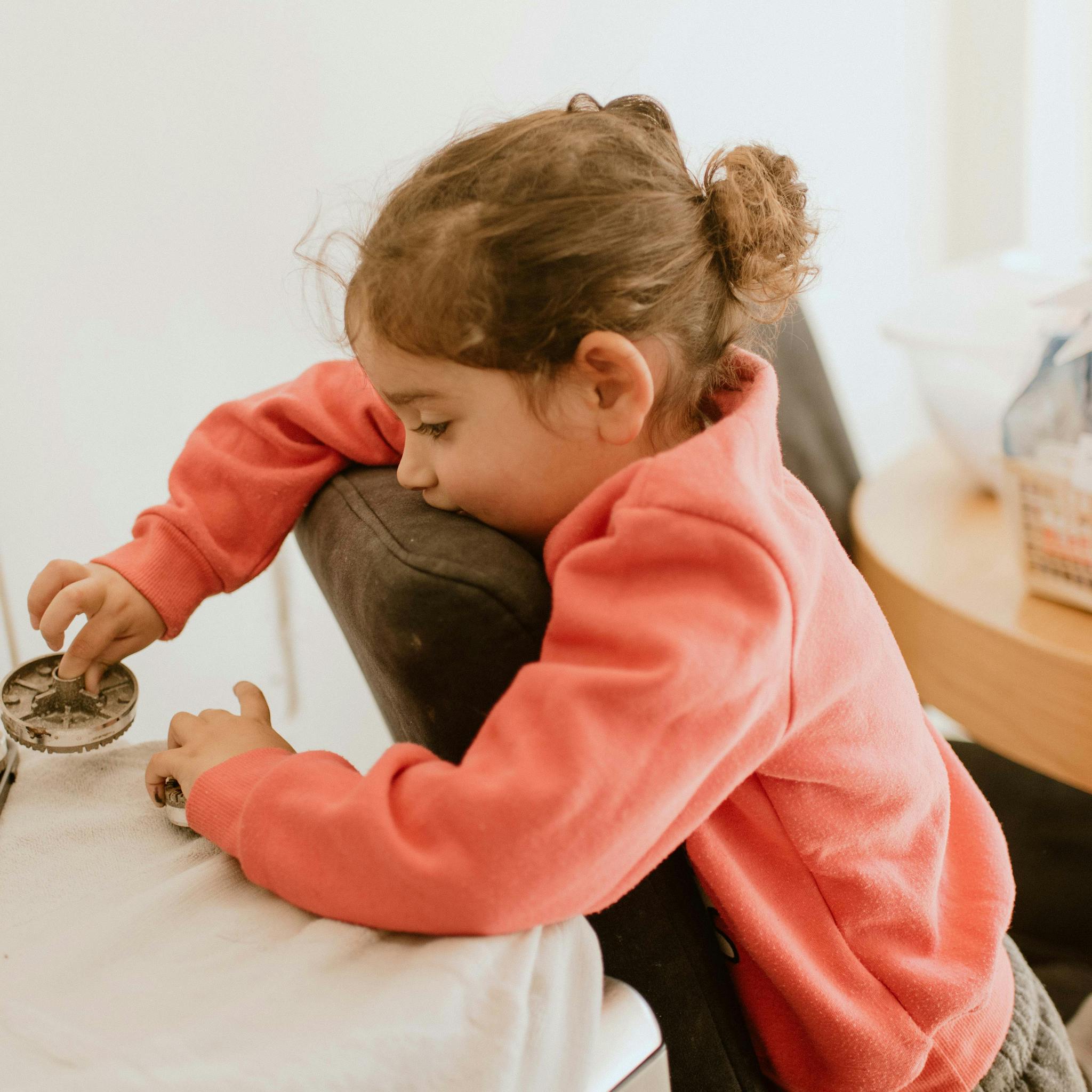
Widows and Orphans Fund
Will you join us to partner with God in defending the fatherless and caring for the widows in Israel?
Donate NowRelated Resources

Discover Your Purpose and God’s Heart For You
In today's divided, turbulent world, it's essential for the Church to rediscover God's heart. Our free e-book, authored by a seasoned expert with three decades of experience in Israel, delves deep into the teachings of Jesus (Yeshua) to reveal God’s principles of love and purpose. Learn how embracing these truths can bring significance and impact to your life, even amidst chaos. Subscribe now to receive your free copy and embark on a journey of transformation.

